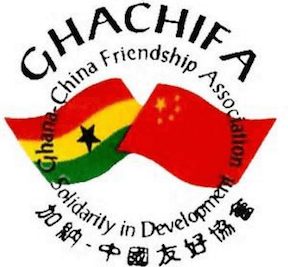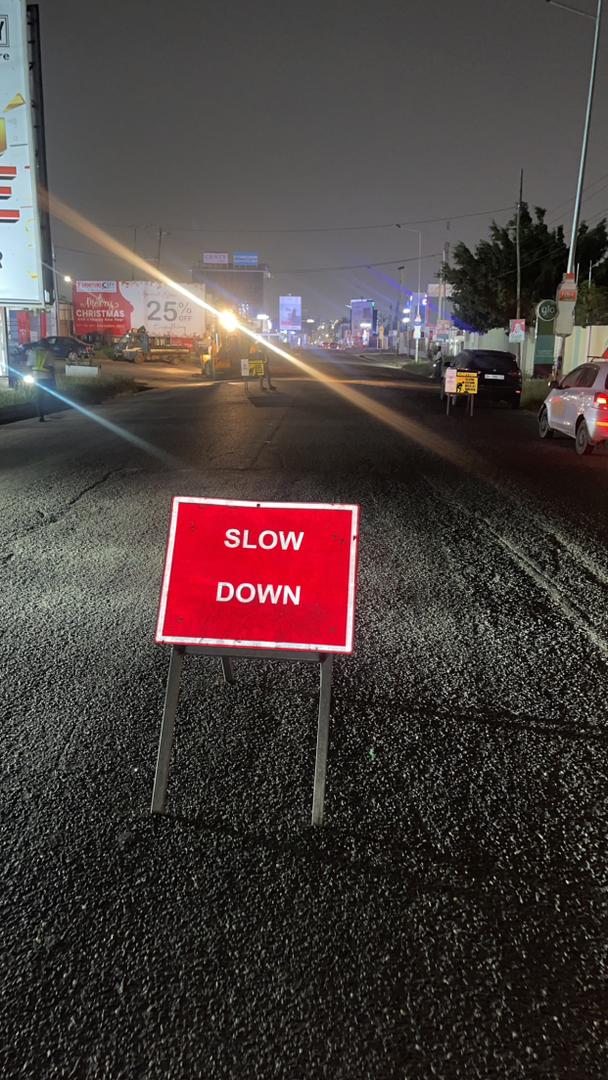

 The Ghana-China Friendship Association (GhaChiFA), a non-governmental organisation, has called for a national dialogue among stakeholders to deliberate on China’s ‘one belt, one road’ initiative.
The Ghana-China Friendship Association (GhaChiFA), a non-governmental organisation, has called for a national dialogue among stakeholders to deliberate on China’s ‘one belt, one road’ initiative.
GhaChiFA, in a communiqué, said the national dialogue was needed for stakeholders to agree and commit to developmental objectives and priorities, even those spanning electoral cycles.
The communiqué copied to the Ghana News Agency followed a symposium organised by GhaChiFA to inform, advocate, and educate the Ghanaian public about China’s initiative, Ghana’s involvement in it, and its benefits to the country.
The One Belt, One Road (1B1R) is a global infrastructure development strategy adopted by the Chinese government in 2013 to invest in more than 150 countries and international organisations.
It was noted that there was a need for Ghana to adopt the 1B1R concept as a more credible way to foster global peace and security than the paradigms used, indicating that Ghana’s approach discourages long-term planning or commitments but rather encourages short-term expediencies.
It stated that the 1B1R initiative conceptualised the world to be considered as One Belt, One Route (Road) in socio-economic development, adding that for the creation of global opportunities, there must be global connectivity.
GhaChiFA stated that global connectivity called for the establishment of physical infrastructure in the form of interconnected high-speed roads and railways, ports, harbours, telecommunications, electricity generation, supply, and connections.
The communique added that it was quite clear that the major thrust of the initiative had been completely missed by most people who have only, at best, followed the practical implementation of projects under the BRI.
While remaining ignorant of the intended paradigm shift in human and international relations that should replace the old exploitative approach that has given rise to so much inequity, stress, environmental degradation, strife, and conflict and ultimately threatens to destroy the planet and humans very existence as a species.
“It also became clear that while some countries may have clear priorities and developmental goals and objectives, Ghana is sadly lacking in these essential areas, in part due to our current political dispensation and electoral cycle, which discourages long-term planning or commitments (other than financial borrowings) but encourages short-term expediencies.”
It added that a national dialogue was required to identify these priorities, lead to a national consensus, and for all parties to commit to moving the country in the desired direction, regardless of the party in government.
It also suggested a pan-African consensus on African social and developmental priorities and metrics, using the 1B1R paradigm rather than perennially borrowing from others, as Africa has sufficient resources at its disposal to tackle the infrastructure deficits if the resources were properly leveraged.
GhaChiFA said it would be engaging in some activities on the 1B1R, including identifying and addressing Pan-African and ECOWAS priorities through the ECOWAS Commission and AfCFTA.
The Association would also engage with the Ghana Chamber of Commerce and Industry (GCCI) and the Federation of West African Chambers of Commerce and Industry (FEWACCI) to mobilise the private sector to partner with the government in a public-private partnership to invest in the infrastructure opportunities offered by 1B1R.
It would also organise a forum between Ghana and China to promote the 1B1R concept and showcase projects under the initiative of private sector operators.
Source: GNA
The post Association calls for dialogue on China’s ‘one belt, one road’ initiative appeared first on Ghana Business News.
Read Full Story


















Facebook
Twitter
Pinterest
Instagram
Google+
YouTube
LinkedIn
RSS